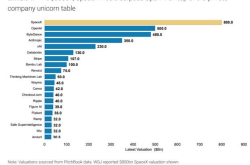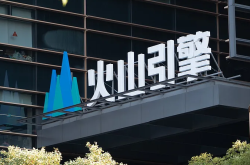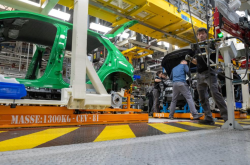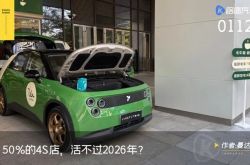Meituan can also offer "Instant Pickup", a Grab Order Mini Program?
![]() 07/07 2024
07/07 2024
![]() 556
556
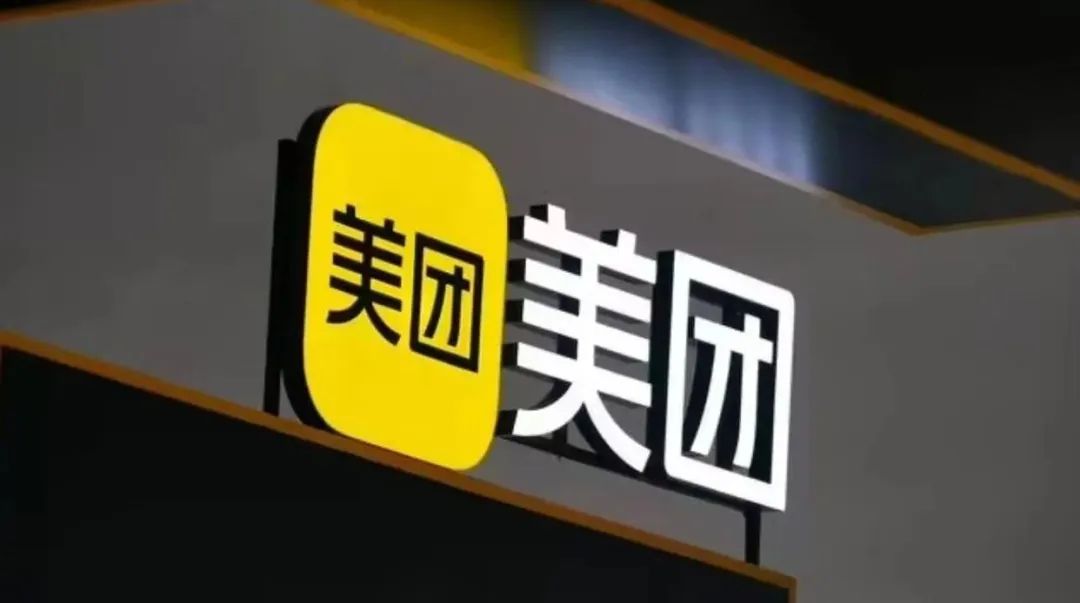
After entering the "second phase" of the local life market battle, strategies of various players have undergone certain adjustments.
Recently, Meituan officially launched the "Instant Pickup" service, allowing customers to place orders at "Instant Pickup Stores" and complete the entire process of voucher verification, ordering, and self-pickup reservation at nearby stores through the app, without being limited to dine-in or takeout scenarios. This service will initially cover nearly 40 chain brands in high-frequency consumption categories such as tea drinks and coffee, with over 80,000 stores.
According to Meituan's calculations, after aggregating platform subsidies, merchant group buying, and the "Instant Pickup" service, the order volume of top tea and coffee brands can increase by 20% to 40%.
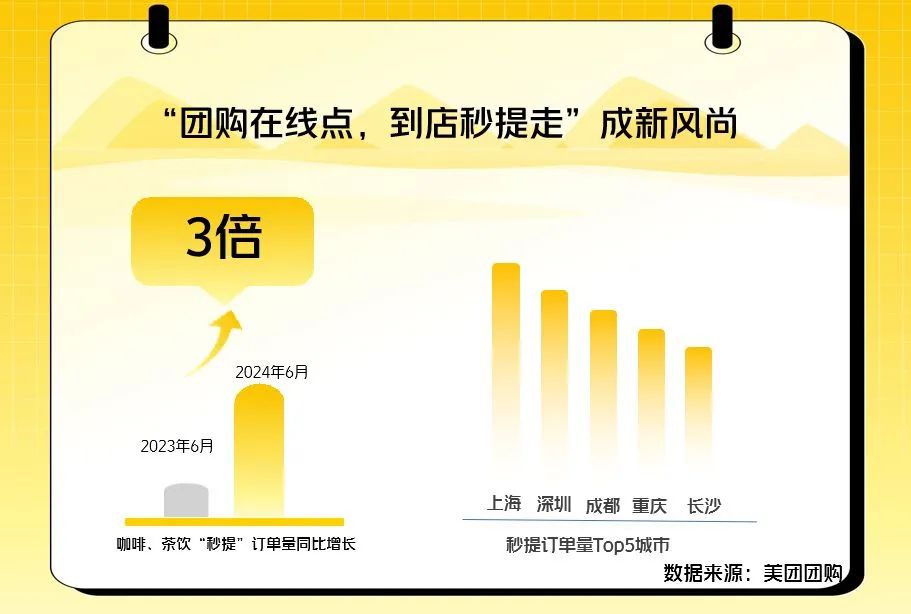
In a news release issued on July 2nd on the Meituan official website, it was mentioned that Meituan's dining-in restaurant business has opened a green channel to help brands quickly launch "Instant Pickup" with lower development costs by integrating delivery and group buying technical interfaces. The platform will also label relevant stores with "Instant Pickup" to allow users in need to discover nearby "Instant Pickup Stores" at the first time.
When short video platforms first entered Meituan's territory, Douyin could quickly expand its influence by leveraging its traffic with a "lightweight" approach. However, local life is ultimately different from online marketing and e-commerce, as its immediacy requirements and delivery needs for retail goods ultimately come down to a competition of heavy assets such as supply chain and fulfillment.
We can see that Douyin's life services have been constantly adjusted, with the latest news being that its original group buying delivery business will be migrated to the new "Doudian·Daojia" takeout platform. Kuaishou has gradually added "takeout delivery" services since March this year.
The "Instant Pickup" service launched at this juncture is essentially a part of Meituan's "systematic" strategy that integrates dining-in and takeout. Its ambition is naturally not limited to providing an instant ordering window for tea brands. As stated by the relevant person in charge of Meituan's dining-in restaurant business, "Instant Pickup Stores" will be replicated in more catering formats in the future, complementing takeout and dine-in services.
Considering the market environment in which Meituan operates, home delivery and dining-in group meals were originally two fixed segments measured by the scale of merchants and users. This structural division allowed it to accumulate scale advantages and competitive barriers, but to some extent, it also limited its imagination of consumption scenarios, just like the market initially did not expect that Douyin influencers would film exploration videos on the streets, sparking waves in local life.
Therefore, Meituan's current thinking is more like breaking away from the obsession with scale and thinking about how to enrich and tighten the links between existing merchants, users, and the platform. Strategies like "Instant Pickup" are used to cover more niche scenarios that may have been overlooked in the past.
After all, in a fully competitive environment, it is difficult to make progress by simply competing on scale.
01. The hidden lines between strategies
This change in "Instant Pickup", along with many other strategies of Meituan in the first half of the year, should be viewed from a more comprehensive perspective.
In February this year, Meituan announced that Wang Puzhong would oversee core local business operations such as the Meituan platform, dining-in, and takeout business groups. In April, the previous business integration was officially named, stating that "the dining-in business group and takeout business group will no longer be set up, and the departments originally under the two business groups will be adjusted to directly belong to 'Core Local Business'."
As mentioned in previous articles of "New Position," Meituan has been dividing its business by consumption scenarios since 2017, with the dining-in and takeout business groups operating in parallel. This division was based on the differences between online and offline scenarios and different fulfillment methods. However, due to changes in the environment and the increasing importance of ecological collaboration, many recent actions of Meituan have been in line with the general policy of integrating dining-in and takeout.
For example, the upgraded version of Meituan's "Super Member" for delivery clearly shows that the upgrade lies in "connecting delivery and dining-in to become an integrated membership product covering multiple business lines inside and outside the platform," allowing delivery traffic to form a larger loop within the platform and mutually drive traffic between businesses.

Looking at the "Instant Pickup" function again, its emphasis on immediacy and corresponding scenarios fall precisely in the middle ground between online delivery and offline dining-in. A common scenario for consumers to use "Instant Pickup" is to order tea or coffee in advance on their phones while commuting and pick up the food at the store when they arrive. Convenience, efficiency, and one-stop online operations are its keywords.
As summarized in the press release, "allowing consumers to enjoy the service of ordering in advance and picking up at the store for multiple brands through one app" is equivalent to filling in the puzzle of Meituan in the local consumption field, regardless of consumption methods, scenarios, and fulfillment timeliness. The goal is to make everyone with immediate consumption needs use and stay with Meituan as much as possible.
From another perspective, "Instant Pickup" is similar to previous strategies like "Pinhaofan" and "Brand Satellite Stores," which prioritize chain merchants, corresponding to the increasing chain rate of domestic catering.
The chain rate best reflects the level of specialization, scale, and modernization of the catering industry. According to the "2024 China Catering Franchise Industry White Paper" released by the China Chain Store & Franchise Association, in 2023, the number of stores owned by large domestic chain catering enterprises (with over 1,000 stores) accounted for 24% of all chain stores. At the same time, the term "10,000-store chain" has become a buzzword, with six domestic chain catering enterprises exceeding 10,000 stores in 2023.
Compared to "mom-and-pop" stores, chain catering is naturally "closer" to Internet platforms. Firstly, they have a high degree of digitization and do not require additional market education. Secondly, their scaled SKU management makes it relatively easier to cooperate with platforms in promoting products and activities. Therefore, previous strategies like "Pinhaofan" and "Brand Satellite Stores" focused on improving the operational efficiency of chain brands. The first batch of Instant Pickup stores are also multi-head chain brands in categories like coffee and tea drinks, which require more immediacy.
According to data released by Meituan, the market feedback during the pilot operation was good. For example, the personnel cost of a single store of the Shandong tea brand "A Shui Da Bei Cha" can be saved by around 2,000 yuan, and the verification rate of Meituan group buying has also increased from 60% to 78%. After Coco opened "Instant Pickup" in the Hainan market, the number of customers who "order in advance and pick up instantly at the store" increased from one-quarter to two-thirds.
The next focus is to see if it can spread from fast-moving consumer goods categories like tea and coffee to more catering formats and how it can form synergies with dine-in and takeout scenarios.
02. Recycling spilled traffic
"Instant Pickup" is not a brand-new concept. Before Meituan made this change, most of the triggers for the "Instant Pickup" scenario were in mini programs, with WeChat mini programs being the most popular.
There are three advantages of the mini program "Instant Pickup": Firstly, it improves the user experience by eliminating the need to queue, allowing users to scan and use immediately and leave after use. Secondly, it increases business efficiency, such as saving on store checkout costs through scanning and ordering and reducing queuing and congestion through reservation mechanisms. Thirdly, businesses can use this to connect their private domain operations, with the mini program completing one-stop consumer services and facilitating membership retention. The third point is the "specialty" of WeChat mini programs.
However, Meituan's purpose is also clear, as stated in the press release, to save users from the hassle of jumping to brand mini programs or manually verifying vouchers. Specifically, improving the user experience is the foundation, followed by not only improving business efficiency but more importantly, ensuring that the entire business process is completed within the Meituan platform.
Consumers who need "Instant Pickup" either want to skip the in-store ordering process or find themselves in a physical space that suits the use-and-leave scenario. In either case, there is a demand for niche scenarios, and completing this functional component is beneficial to the platform's overall consumer chain construction.
However, compared to merchants沉淀ing their own private domains, Meituan may want to highlight the brand value of the platform itself. Each merchant's own mini program "Instant Pickup" is a strong private domain mindset, while Meituan's "Instant Pickup" has a certain public domain integration nature. For example, when searching for nearby tea shops on the app, any tea brand with the "Instant Pickup·Online Order" tag on the results page can provide this service.
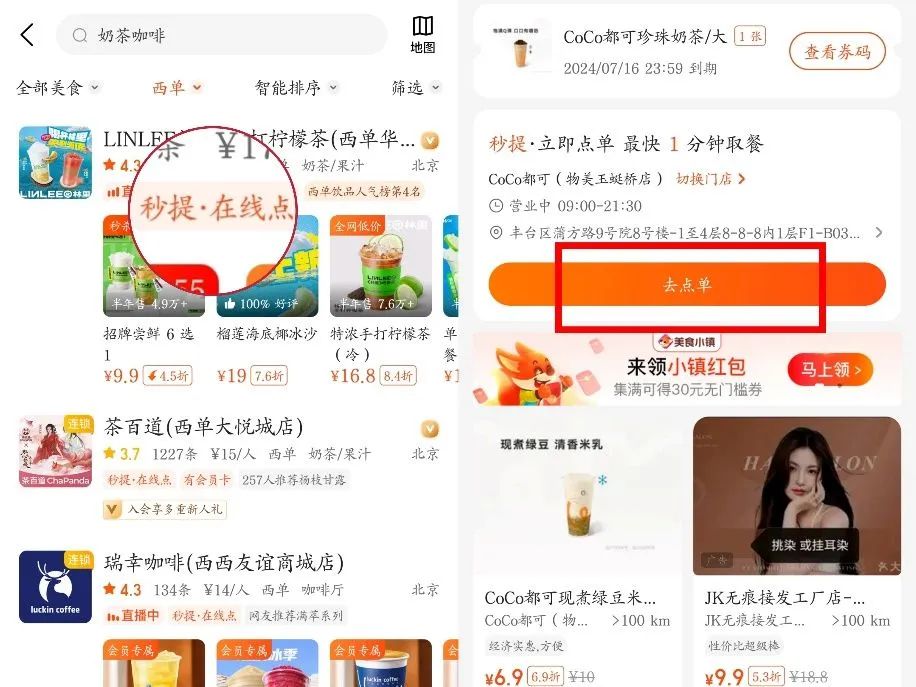
The potential benefit of this approach is that "Instant Pickup" can be connected with Meituan's own member discount system as well as the platform's evaluation and ranking mechanism. In other words, the idea of a "super platform" that allows consumers to access multiple services through one app still has room for application. Especially now that local life services are becoming increasingly homogenized due to fierce competition, platforms need to raise competitive barriers and enhance their identifiability.
A broader perspective is that the entire retail industry is becoming increasingly sensitive to time and space.
On July 3rd, after the homepage of the Taobao app was revamped, a new top-level traffic entrance was added for "1-hour delivery." In addition to merchants in the 1-hour delivery channel receiving a large amount of public domain traffic from the Taobao app, the supply is also greatly enriched. According to official information, merchants can sign up for 1-hour delivery by either directly opening a 1-hour delivery flagship store or enabling 1-hour delivery service based on their Taobao and Tmall stores.
In the past, there was a significant distinction between traditional offline retail, e-commerce, and instant retail scenarios, and Meituan itself used dining-in and takeout to distinguish between different service models.
However, with changes in objective factors such as supply chain maturity and increasing chain rates in the catering industry, integrating multiple models on one platform to maximize platform value may become a trend.
*The lead image and images in the article are sourced from the internet.

